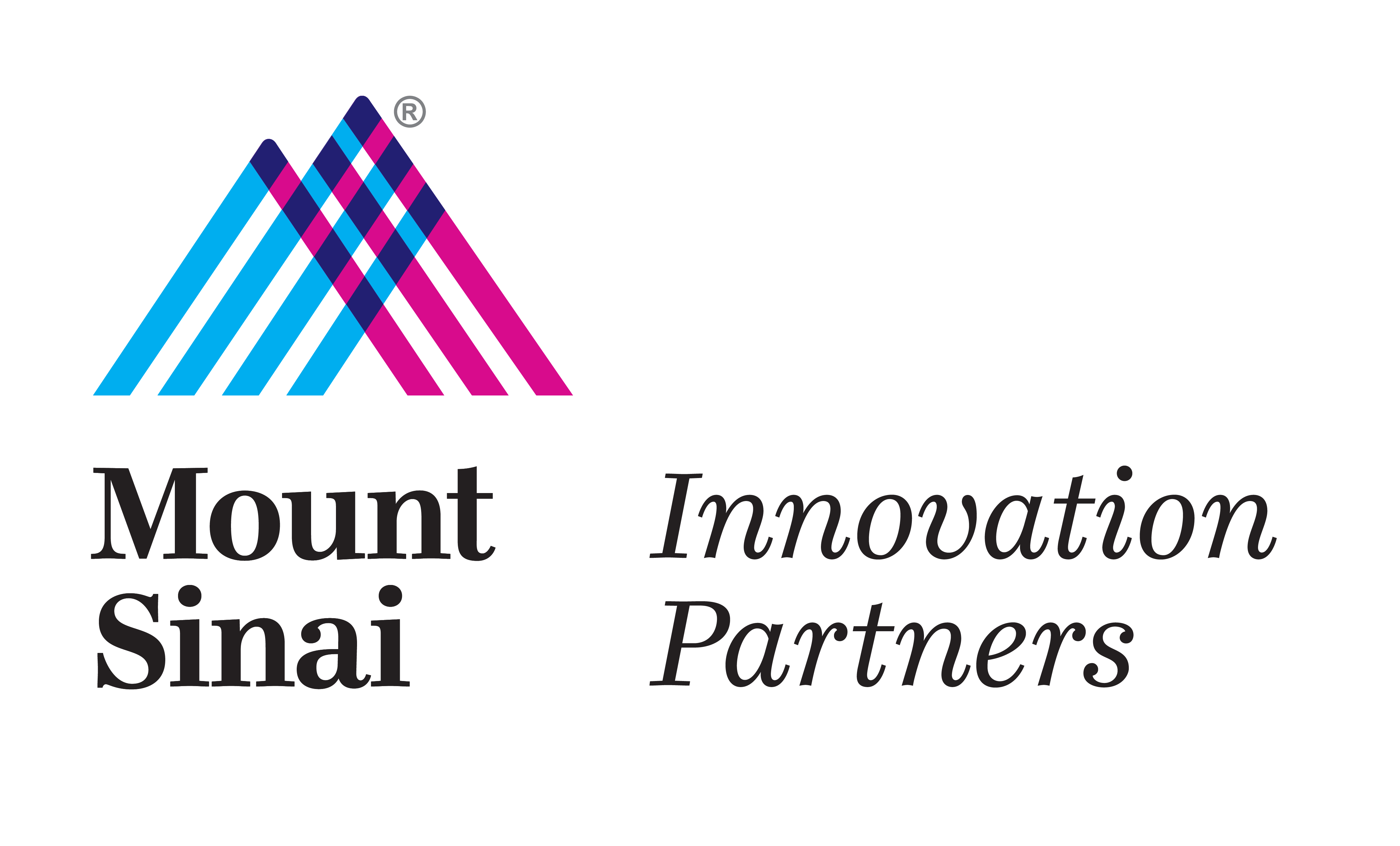A PROTOCOL FOR GENERATION OF FUNCTIONAL MYELOID-DERIVED SUPPRESSOR CELLS FROM EMBRYONIC STEM CELLS AND HEMATOPOIETIC STEM CELLS
To date, a major limiting factor for the use of MDSCs in certain therapies – in pathological settings where deleterious or excessive immune responses need to be avoided or reduced – is the source of MDSCs. Mount Sinai researchers demonstrated efficient in …
ANTIBODIES TARGETING FOLLICLE STIMULATING HORMONE FOR USE IN OSTEOPOROSIS TREATMENT AND PREVENTION
A new paradigm for osteoporosis prevention and treatment was described by Dr. Mone Zaidi, Director of the Mount Sinai Bone Program at the Icahn School of Medicine at Mount Sinai. By blocking follicle-stimulating hormone (FSH) in pre-clinical models of menopause using an …
HARNESSING THE IMMUNOSUPPRESSIVE CHARACTERISTICS OF MYELOID DERIVED SUPPRESSOR CELLS (MDSC) TO TREAT OR PREVENT AUTOIMMUNE DISEASES AND GRAFT-VERSUS-HOST DISEASE (GVHD)
Emerging evidence suggests that MDSCs have great potential as an immune intervention modality in both transplantation and autoimmune disease settings. Mount Sinai investigators demonstrated their utility in both GVHD and Type 1 Diabetes. Coupled with a suite of other pending patent applications …
Auven Therapeutics and BELLUS Health Announce License Agreement with Mount Sinai for KIACTA in Sarcoidosis
May 2, 2014 – Auven Therapeutics, the global private equity company focused on accelerated development of breakthrough therapeutic drugs and BELLUS Health Inc. (TSX: BLU), a drug development company focused on rare diseases, today announced that Auven has entered into a license …
NOVEL BROMODOMAIN (BRD4) SMALL MOLECULE INHIBITORS FOR TARGETED TREATMENT OF CANCER
Bromodomain-containing proteins function as chromatin modifiers and mediators of protein-protein interactions, controlling gene expression. BRDs have been functionally implicated in numerous disease processes, including cancer, and small molecule inhibitors have been developed with some advancing to early clinical trials in cancer. BRD4 …
NOVEL THERAPY FOR TREATMENT OF HEMOGLOBINOPATHIES (BETA-THALASSEMIA AND SICKLE CELL DISEASE)
Thalassemias are the result of the most common single gene genetic disorder worldwide, affecting 30 out of every 1000 people. Spanning from mild to life-threatening manifestations due to its autosomal recessive genetic inheritance, beta-thalassemia is caused by mutations in the y-globin gene. …
PLATELET-DERIVED GROWTH FACTOR RECEPTOR BETA AND NOTCH3 RECEPTOR MODULATORS FOR THE TREATMENT OF INFANTILE MYOFIBROMATOSIS
Infantile myofibromatosis (IMF) is one of the most common proliferative fibrous tumors of infancy and childhood. IMF is a disorder of mesenchymal proliferation characterized by the development of non-metastasizing tumors in the skin, muscle, bone and viscera. Occurrence within families across multiple …
NOVEL MICRO-RNA THERAPY FOR TREATMENT OF DRAVET SYNDROME, A PEDIATRIC ORPHAN DISEASE
Dravet syndrome (DS), also known as severe myoclonic epilepsy of infancy (SMEI), is a genetic and rare form of treatment-refractory epilepsy that begins in infancy. DS incidence is estimated at 1/30,000 with about 20,000-40,000 patients worldwide. The long-term prognosis for DS patients …
USE OF FLUOXETINE TO TREAT AUTISM SPECTRUM DISORDER
Autism spectrum disorder (ASD) is a collection of development disorders characterized by difficulties in social interaction, verbal and nonverbal communication and repetitive behaviors. In addition to social deficits, ASD can also result in intellectual delays, irritability, problems with motor coordination, and additional …
USE OF MEMANTINE TO TREAT AUTISM AND ASSOCIATED DISORDERS
Autism spectrum disorder (ASD) is a collection of development disorders of unknown etiology characterized by difficulties in social interaction, verbal and nonverbal communication and repetitive behaviors. In addition to social deficits, ASD can also result in intellectual delays, irritability, problems with motor coordination, …

